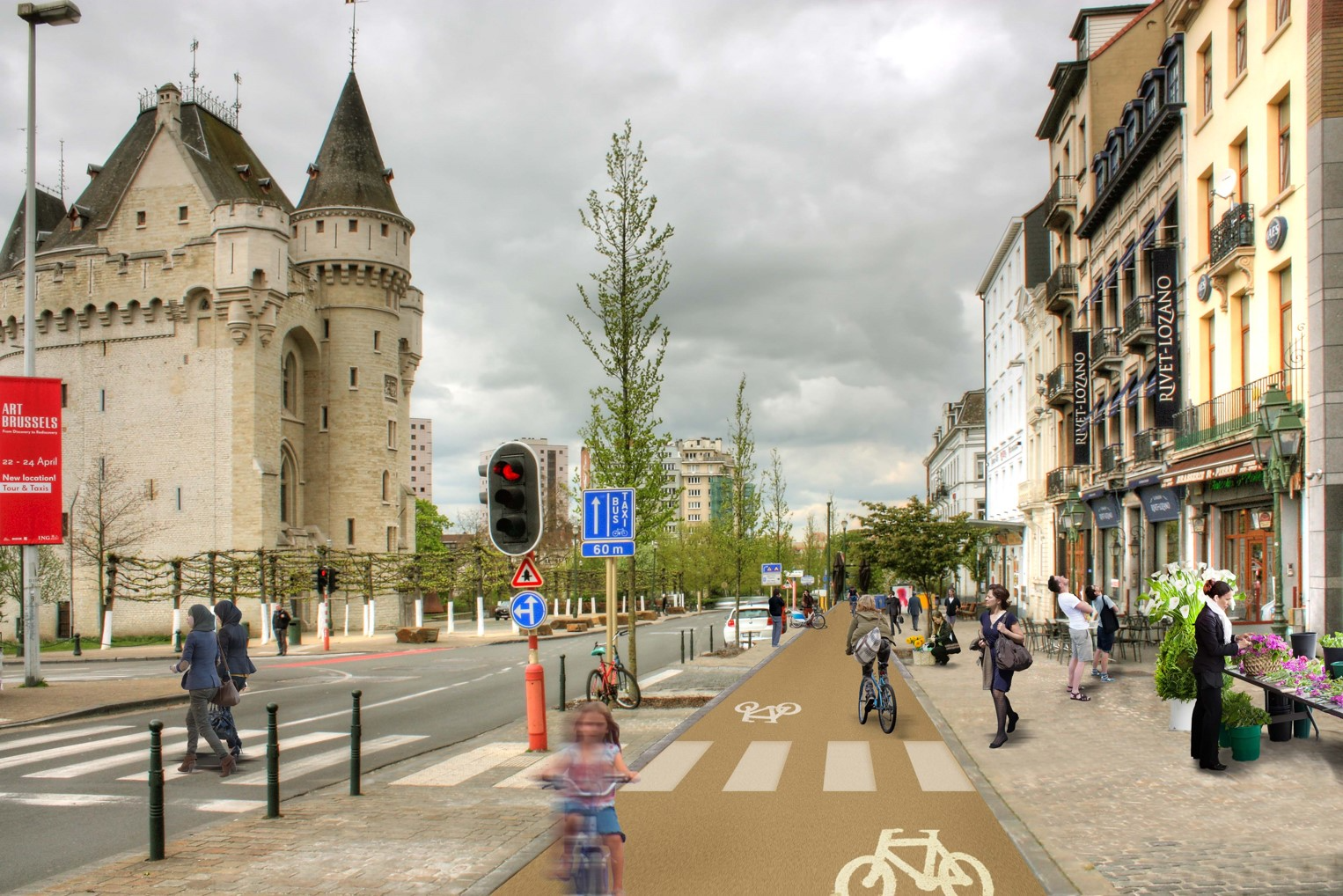
Brussels residents more afraid in traffic due to shared e-mobility

Despite the efforts of the city of Brussels, according to a recent survey by Cyclomedia, many Brussels residents still do not feel safe on bicycles in traffic. The rise of electric shared mobility is partly in between /Cabinet Pascal Smet
You don't have to live in Brussels for road safety, and certainly not since the rise of electric shared mobility. As many as 64% of Brussels


Comments
Ready to join the conversation?
You must be an active subscriber to leave a comment.
Subscribe Today